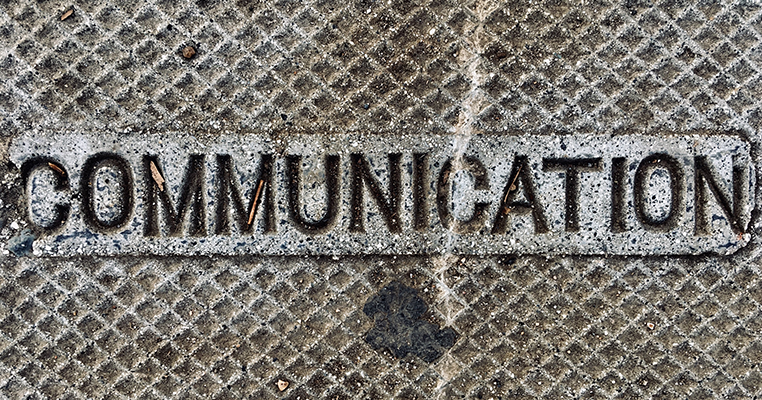
Add the mysterious case of the missing “t” to the growing and gloomy list of phenomena destined to further degrade American culture.
We’re already surrendering the written word. Acronyms, abbreviations, letters and emojis now indiscriminately replace actual words. On the occasion words are used, there’s no accounting for spelling or grammar — two more victims of the computer age, joining the ranks of multiplication tables and encyclopedias. There and their and they’re, for example, are used interchangeably. So too are your and you’re. The only upside, until ultimately no one cares, is that there’s job security for professional editors.
The beginning of the degradation in communication can be traced to elementary school for the millennial generation whereby teachers conceded that instructing students on the proper way to hold a pencil was no longer essential. This was followed, not surprisingly, by younger generations’ eschewing cursive and, eventually, legible handwriting.
About that missing “t” mystery? Likely, it’ll be one of those things that in the future we’ll look back on as a precursor to the downfall of clear pronunciation and, in fact, proper English. For no apparent reason, speech-challenged millennials choose to drop the hard “t” at the beginning of multiple syllabic words. Most notably and often, with the word “impor-ant.” Also, there’s “moun-ain” “in-erview” and “foun-ain” and “bu-on” and so on and on.
Don’t take my word on this grievance. Check out the hundreds of responses to the trend on Quora, where linguistics experts and students of language weigh in on the mystery of the lost consonant.
One commenter, linguist Brian Collins, details the historical and regional reasons for these “glottal stops” (in place of consonants), which he also refers to as “t-glottalization” and “t-deletion.” While many of the online authorities think the affectation is a normal evolution of American English, others find the trend baffling, or dismiss it as laziness and fakery or otherwise annoying.
ALSO, “LOOK” HEAR
So as not to make this simply a curmudgeonly generational slam, mature adults also fall victim to inexcusable linguistic flops. Just watch CNN or Fox News and count how many times talking heads begin speaking with “Well, LOOK …” (Not even, “Well, listen,” which would be more applicable) Seriously, Gloria Borger, et al, your constant affection could make a drinking game. It’s as mind-numbing as “Ya know what I’m sayin.’”







Clever and thought-provoking. I am particularly sad that they no longer focus on cursive writing.
Yes, it hurts to listen to that. I am sure the spelling problems follow. Image a teacher asking a student to sound it out in learning to spell.
And if they leave out the t they may replace it with a d. Very full of hate for “impordant.” Agree with all!
This drives me crazy! And, I’m with Tracy!
I asked a younger colleague to write down his email and phone number as my phone battery had died…it was a real struggle for him, which he admitted….
Thanks for the comments — always impor-ant to get additional perspectives!